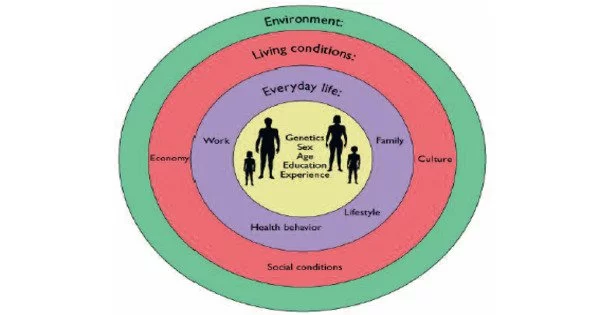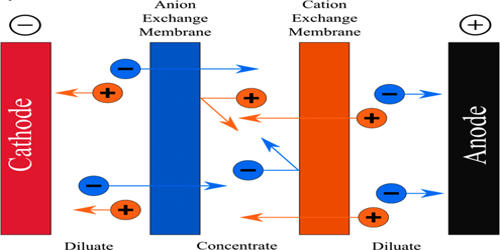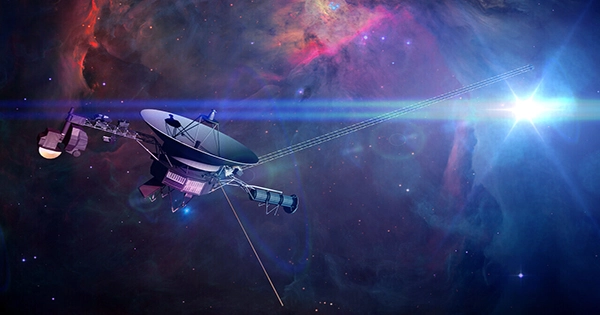Sociocultural evolution is a theory that attempts to explain how societies and cultures evolve over time. Sociocultural evolutions are sociobiological and cultural evolution theories that describe how societies and cultures evolve over time. It implies that human societies change and develop in a variety of ways, including social organization, technology, the economy, and cultural practices. This concept arose in the nineteenth century as scholars attempted to comprehend the patterns and dynamics of societal change.
Whereas sociocultural development examines processes that tend to increase a society’s or culture’s complexity, sociocultural evolution examines processes that can lead to decreases in complexity (degeneration) or that can produce variation or proliferation without any apparent changes in complexity (cladogenesis).
Sociocultural evolution can be defined as “the process by which structural reorganization is affected through time, eventually producing a form or structure that is qualitatively different from the ancestral form”.
Key ideas associated with sociocultural evolution include:
- Unilinear Evolution: Early theorists such as Herbert Spencer and Lewis Henry Morgan proposed a unilinear model of evolution, which held that all societies progressed along a single, linear path. According to this viewpoint, societies progress from simple to complex stages over time.
- Multilinear Evolution: Later theorists recognized the unilinear approach’s limitations and introduced the concept of multilinear evolution. This viewpoint recognizes that different societies may take different paths of development due to their unique historical, environmental, and cultural contexts.
- Cultural Diffusion: Cultural diffusion, the spread of cultural traits, ideas, or innovations from one society to another, is frequently considered in sociocultural evolution theories. This exchange has the potential to aid in the development and transformation of cultures.
- Technological Determinism: Some versions of sociocultural evolution emphasize the role of technology as a driving force behind societal change. Technological advancements are seen as catalysts for cultural and social development.
- Stages of Development: Sociocultural evolution is often conceptualized in terms of stages or phases. These stages may include simple or primitive societies, agricultural societies, industrial societies, and post-industrial or information societies. Each stage is characterized by distinct social, economic, and technological features.
Most nineteenth- and early twentieth-century approaches to socioculture sought to provide models for the evolution of humanity as a whole, arguing that different societies had reached different stages of social development. The work of Talcott Parsons (1902-1979), the most comprehensive attempt to develop a general theory of social evolution centered on the development of sociocultural systems, operated on a scale that included a theory of world history. Another, less systematic, attempt emerged in the 1970s with the world-systems approach of Immanuel Wallerstein (1930-2019) and his followers.
Critiques
While sociocultural evolution has provided important insights into the study of human societies, it has also been criticized. Critics claim that it oversimplifies the diversity of human cultures, ignores the agency of individuals and groups, and may harbor ethnocentric biases.
















